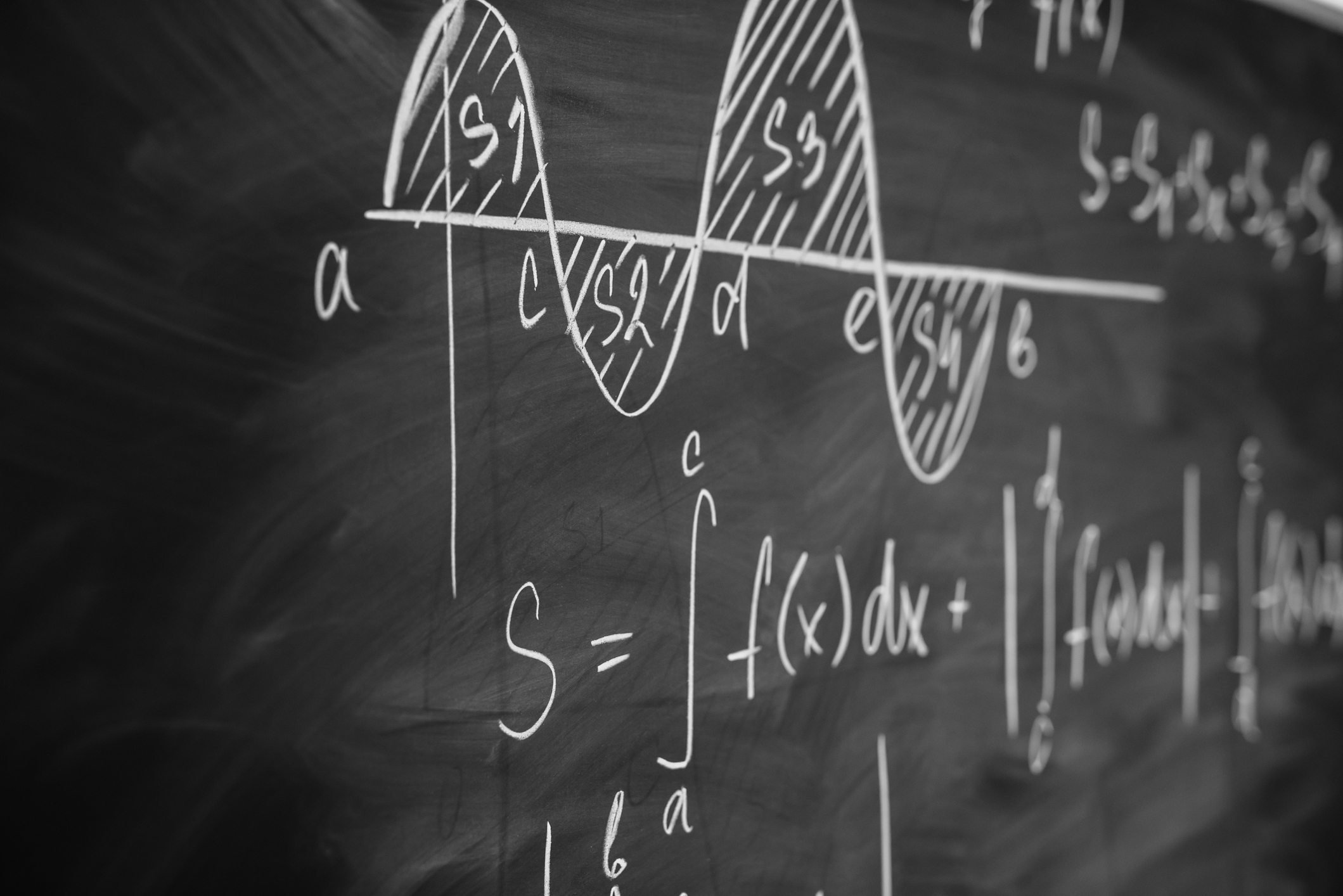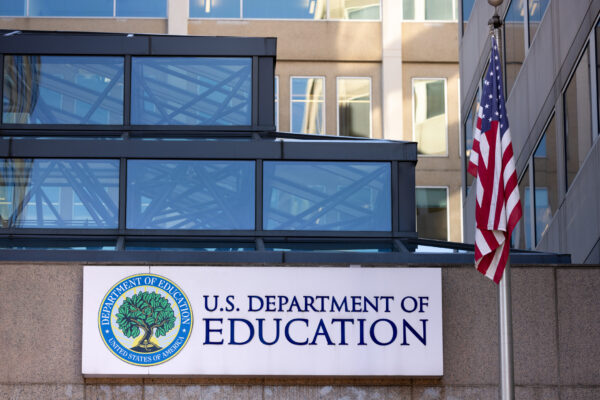Last fall, The Harvard Crimson ran a story called “Harvard Launches New Intro Math Course to Address Pandemic Learning Loss.” It quotes Harvard’s Director of Introductory Math Brendan Kelly, who said that the learning loss students sustained during Covid prompted the university to develop the remedial math course. The course, “An In-depth Introduction to Functions and Calculus I,” provides “extra support [that] will target foundational skills in algebra, geometry, and quantitative reasoning.”
The fact that Harvard has observed many of its student lacking the foundational skills for higher order math underscores two important points: that our nation’s students have experienced unmistakable learning loss, and that student achievement in math had been below what many would deem successful for some time. It is a point reinforced by the latest NAEP data, according to which 24% of fourth graders and 39% of eighth graders are considered Below Basic in math. The latest data we have for 12th graders is 2019, but even six years ago, before before the pandemic, 40% of 12th graders were considered below basic in math.

More recently, media outlets including Fox News and the New York Post have picked up on the story, criticizing Harvard for no longer requiring standardized test scores as part of its application “in the name of equity,” as the Post column put it. As we have written before, other institutions like MIT, Dartmouth, and even the University of California Academic Senate, have found test scores to be substantially predictive of collegiate academic success and helpful in identifying academically prepared students from more disadvantaged backgrounds. Last April, Harvard also announced it would reinstate its testing requirement.
As we’ve also written before, this level of performance in math (as well as low performance in reading) does not bode well for our ability to innovate in the future as a country, threatening both our national security and economic power. In Fox News’ coverage of the story, Dana Perino interviewed Erika Donalds of the America First Policy Institute:
Perino: You imagine that leaders of China or our other competitors and adversaries are looking at this and saying, ‘We’ve got you now.’
Donalds: They do. It does damage our global competitiveness in the world.
It was perhaps inevitable that institutions, including Harvard, would need to create remedial courses, if the K-12 system was systemically producing students without the foundational math skills needed to succeed in college. NAEP, as a clear, reliable signal of student achievement, had been showing us this was the case for some time. But this issue is much larger than whether incoming Harvard freshman need a remedial math course. Our poor performance in math nationally is damaging our competitiveness and future security internationally. To address this situation, we need efforts to replicate and build upon the successes in states like Alabama. And, we need to ensure that NAEP is able to continue, to aid in our understanding of student outcomes and hold us accountable to actually improving them.







